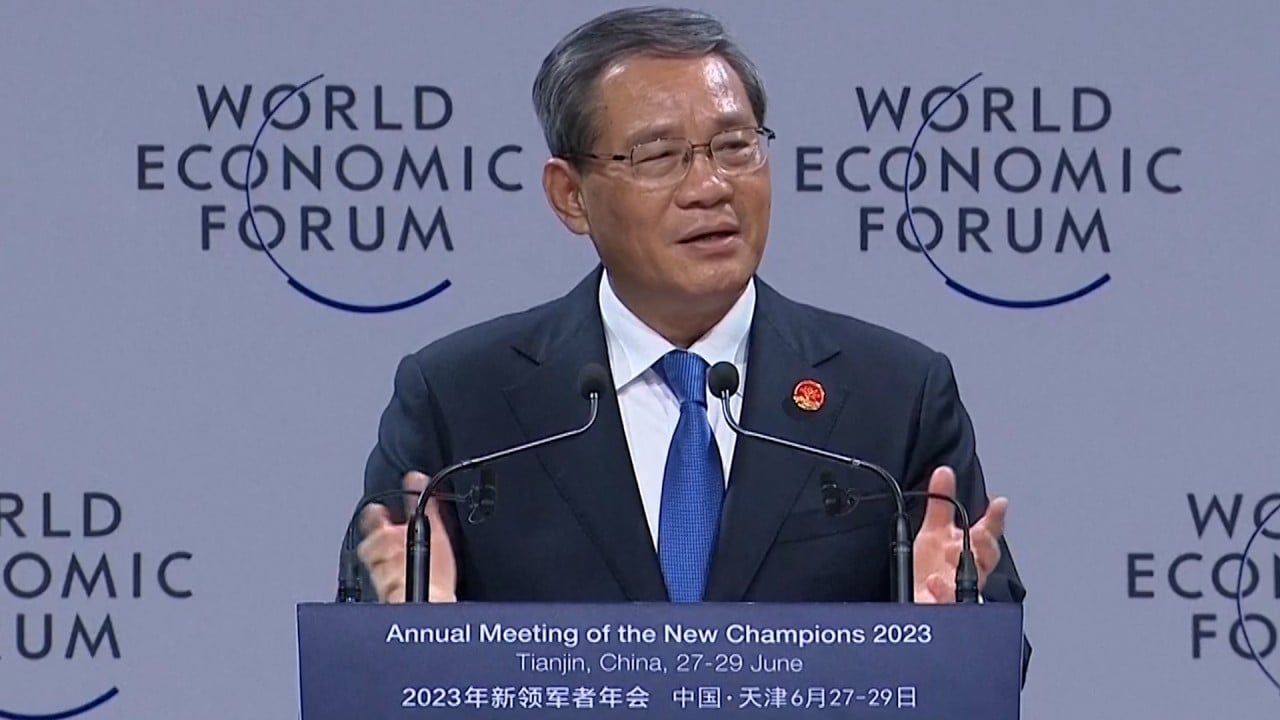
Chinese stocks set to bounce back in second half as strong corporate earnings revive confidence, say UBS and China Asset Management
- A recovery in corporate earnings may drive an average 10 per cent gain in Chinese stocks by the end of the year, UBS said
- Valuations have no room to fall further, says Meng Lei, a Shanghai-based strategist at UBS
Both China and Hong Kong stocks are off to a good start in the second half, with the CSI 300 rising 1.7 per cent and the Hang Seng gaining 2.4 per cent since the end of June.
The statement released after a Politburo meeting chaired by President Xi Jinping on Monday has brightened the outlook for stocks too. Policymakers notably left out the slogan “housing is for living, not for speculation” for the first time since 2018, fanning speculation about a potential loosening of property policy in major cities.
The CSI 300 fell 0.8 per cent in the first six months and the Hang Seng Index slid 4.4 per cent, as measures to revitalise growth in the world’s second-largest economy failed to meet investors’ expectations, while China-US ties remained frayed.
“We believe that the key to an effective short-term boost to the economy lies in finding solutions and regulatory adjustment for local government and property debt issues, as well as an increase in the central government’s leverage ratio,” China Asset Management, the nation’s third-largest mutual-fund manager, said in its midyear investment outlook report.
Stock valuations were approaching the troughs seen at the end of 2018 when China was entangled in a trade war with the US, and again in April last year as Shanghai’s two-month Covid-19 lockdown loomed. However, the fundamentals are more solid now than on those occasions, said Meng.
The CSI 300 is valued at 12.5 times estimated earnings for the year, compared with 11.4 times in April 2022 and 10.6 times at the end of2018, according to Bloomberg data. The multiple for the Hang Seng Index is 9.7 times, the second cheapest among major global markets.
“The valuations of A shares and Hong Kong stocks have been at historical lows, fully reflecting concerns about the [underlying] driving forces of China’s economy, long-term risks, and external uncertainties,” China Asset Management said in the report.
“[Given] the low current valuations, investors’ expectations and investment positions, we expect an uptick in the A share and Hong Kong stock markets in the second half of this year.”
With additional reporting by Jiaxing Li


